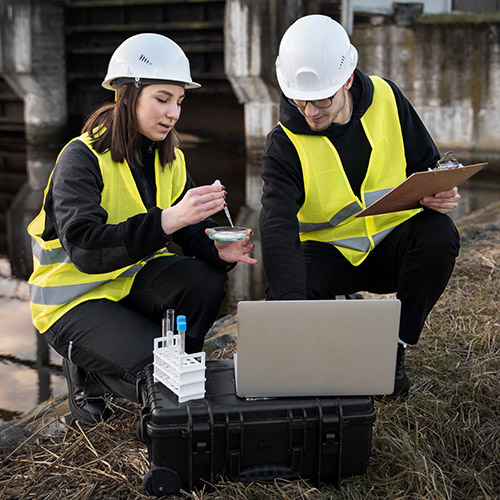OBJECTIVES
1. Know the concept of quality and not quality
2. Translating the needs expressed by the client into a management plan with specifications of products, services and internal processes
3. Know the processes to ensure quality
4. Know the control tools to detect and analyze the causes of deviations and nonconformities
5. Propose changes to reduce, eliminate, transfer, or mitigate nonconformities
DURATION
25 hours
TIMETABLE
b. Primer Sign
a. Days: Tuesday and Thursday from 16:00 to 18:30
b. Start date: 28-5-24
c. Application Deadline: 27-6-24
d. Class days
i. May/24: 28,3
ii. June/24: 4,6,11,13,18,20,25,27
c. Second round
a. Days: Tuesday and Thursday from 16:00 to 18:30
b. Start date: 14-11-24
c. Application Deadline: 19-12-24
d. Class days
i. November/24: 14,19,21,26,28
ii. December/24: 3,10,12,17,19
CONTENT
1. Quality concept
a. What is quality?
b. Attributes related to quality
c. Lacality features
d. Deming's Roda
e. Quality movements
f. The 11 principles of continuous improvement
2. The quality management plan
3. Quality standards. Certifications
4. Quality assurance
a. Tools that assure quality
b. Quality and non-quality costs
c. Formation
d. The Kamban
5. The TPS method (Toyota Production System®)
6. The team of quality people
7. Social responsibility and quality
8. Quality control
a. Statistical control tools
b. Sampling
c. Audits and inspections
PRICE
475,00 euros
WHAT WILL THE PARTICIPANT LEARN?
1. Plan the specifications of processes, products and services based on the needs of customers.
2. Ensure that specifications are met without deviation
3. To be able to make visible deviations in the scope of the specifications of procedures, products and services to suggest the necessary corrective actions.






.jpg)






.jpg)
